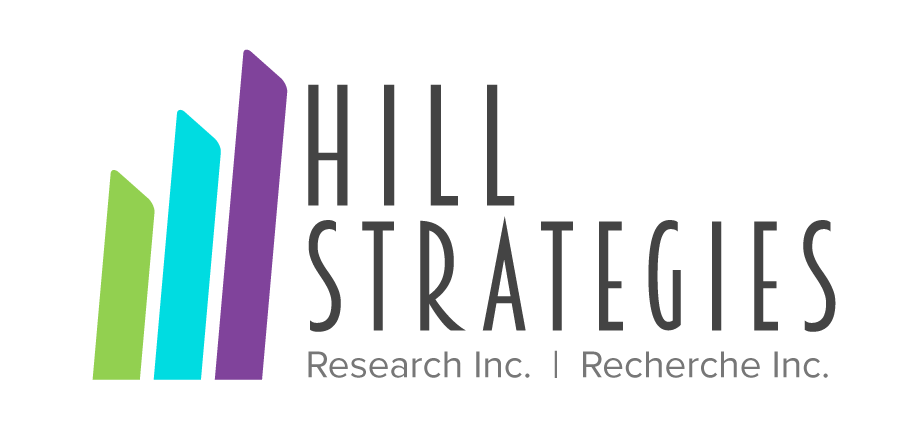Educational Outcomes at Age 19 Associated with Reading Ability at Age 15
Issue
Reading, Publishing and LiteracyArticle Link
http://www.statcan.ca/bsolc/english/bsolc?catno=81-595-M2006043The key finding of Statistics Canada’s report on the relationship between reading ability and educational outcomes is that “students with lower levels of reading at age 15 face challenges in graduating from high school by age 19: they are more likely to drop out of high school or to remain in high school at age 19, even after controlling for other factors”.
Specifically, the proportion of students who completed high school by age 19 increased with their reading proficiency level at age 15. “While 87% [of all students] had completed high school by the age of 19, this percentage was significantly lower for those at [reading] proficiency Level 1 or below (62%) and proficiency Level 2 (77%). Almost all youth who were at proficiency Level 4 and proficiency Level 5 had completed high school by the age of 19.”
Similarly, the proportion of students who pursued postsecondary education by age 19 increased with their reading proficiency level at age 15. While 65% of all youth who were 15 years of age in 2000 had enrolled in postsecondary education by the age of 19, only 28% of youth with the lowest reading proficiency (Level 1) and 45% of those with the second-lowest proficiency (Level 2) had enrolled. The postsecondary enrolment rates were 65% for those at reading proficiency level 3, 76% for those at level 4 and 88% for those at level 5.
Other factors found to be significantly related to postsecondary enrolment were “gender, parental education, household income and mother tongue”.
The report concludes that “effective literacy skills and education credentials do not guarantee success in later life, but without them, there are greater risks of facing barriers to employment, reduced financial security and poorer social outcomes.”




